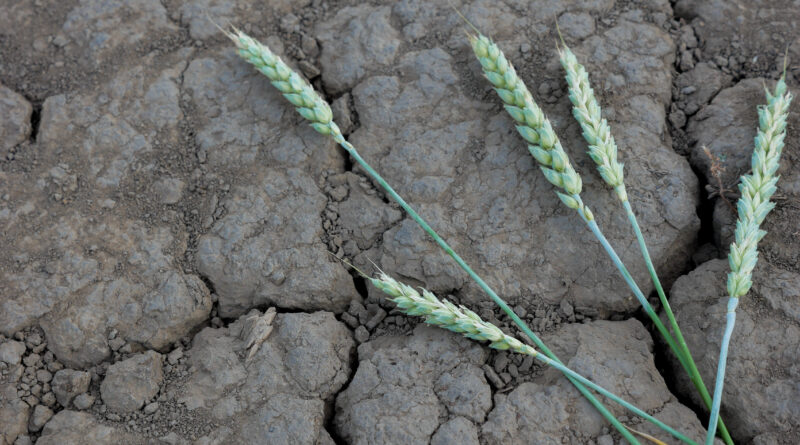May the climate change destroy our food chain? The Future of earth is now
In this day and age, the global climate is increasingly changing, and the earth is warming at an unprecedented rate.
In fact, last summer was considered among the hottest ever, with peaks of 40 degrees Celsius even in northern regions such as England and France. While in the Mediterranean regions, drought is a scourge that is advancing unchecked. According to data from NASA, 2021 had temperatures of +1.1 degrees Celsius above the average of the late 19th century. temperatures will continue to rise unless solutions are found. Among the main causes of this, the slow but steady rise in temperatures is the burning of fossil fuels, deforestation and agricultural activities.
In general, with climate change, we will have longer periods of drought and periods of intense, heavy flooding that not only cause damage to housing and infrastructure but also affect the food we eat daily. In other words, there is expected to be a decrease in food production in sub-Saharan regions.
In addition, rising temperatures cause glaciers to melt. with consequences for farmers who depend on meltwater from glaciers for irrigation. As a result, sea levels rise, increasing flooding hazards for coastal farms and increasing saltwater intrusion into freshwater coastal aquifers, making those water sources too salty for irrigation.
Activities related to food production include the production, transport, and storage of food in landfills. All this contributes to higher C02 levels, and thus to the greenhouse effect on the earth.
On the other hand, human beings should find solutions to stop this climate crisis, but all he does is provoke this process. In fact, multinational meat corporations invest in plant-based meat substitutes and in synthetic meat. The process of producing synthetic meat or plant substitutes is extremely complex and leads large multinationals to intensive consumption of both energy and environmentally harmful emissions. While consumers think they are eating a sustainable and more climate-friendly diet, on the other hand, they are only supporting climate change.
As for the solutions and help that the earth itself offers us, we cannot help but think about how effective the work of bees is. The latter provides us with around 70% of the pollination of all plant species on the planet and guarantees 35% of global food production through their work. This means that such a small being not only produces honey that is useful for our well-being, but also manages to feed the planet with its nectar. To reach a point of no return or to start safeguarding the planet for future generations?
 About author:
About author:
ARCANGELO
I am Italian. I am passionate about emotions in cooking
and travelling. I like to combine new flavours, new places
and new travels. Through experience, I have learned to see
different horizons and I think that in the world we have
no borders, we are all united by love. The love that makes
our being wonderful and special.




